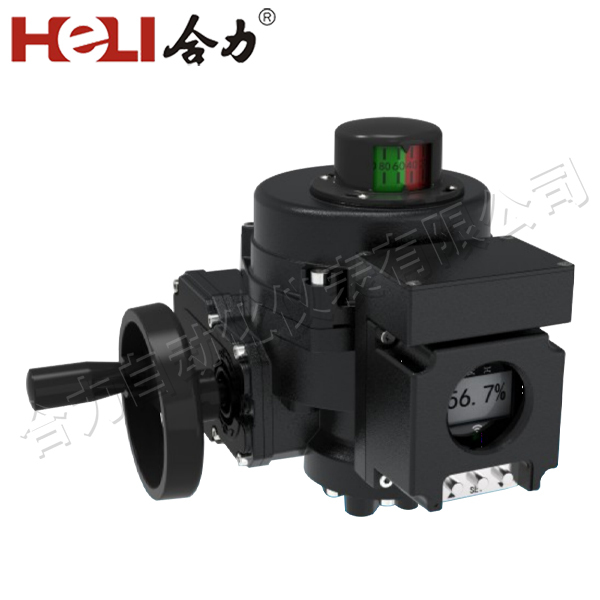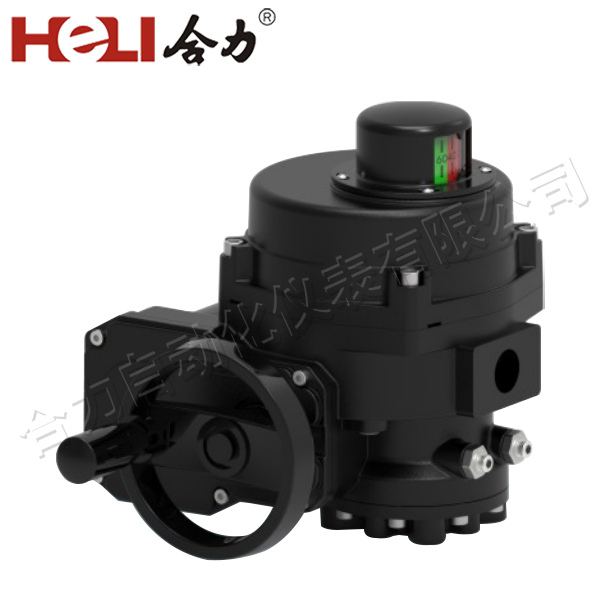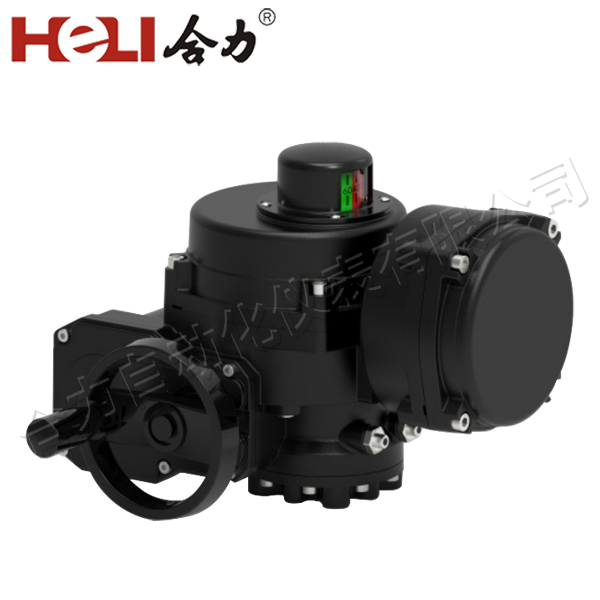Lithium battery electric actuators have emerged as a groundbreaking technology in various industries, offering a new level of efficiency, precision, and energy management. These actuators utilize lithium-ion batteries to power electric motors, which convert electrical energy into mechanical motion. From industrial automation to smart home applications, lithium battery electric actuators are revolutionizing how machines perform tasks with greater speed, accuracy, and sustainability. This article delves into the advantages, applications, challenges, and future prospects of lithium battery electric actuators.

What is a Lithium Battery Electric Actuator?

An electric actuator is a device that uses electric energy to create mechanical movement, typically through an electric motor. In a lithium battery electric actuator, a lithium-ion battery serves as the power source for driving the motor, providing a portable and efficient energy solution. These actuators are used to control or move various mechanical systems, such as valves, doors, windows, and robotic arms, in response to electrical signals. The integration of lithium-ion batteries allows for compact, high-performance actuators that can operate in diverse environments. Advantages of Lithium Battery Electric Actuators
